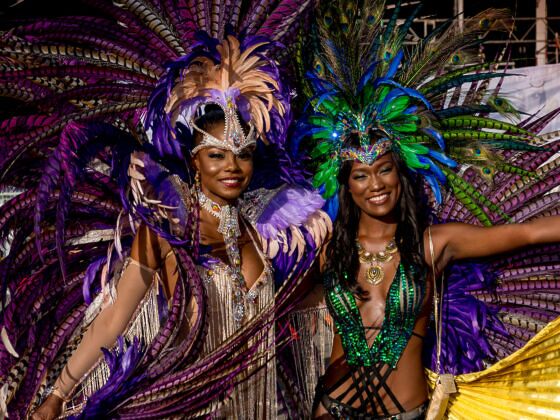Growing up in Trinidad and Tobago, I was always surrounded by people from different ethnicities, races, and beliefs, descendants of those who arrived from all across the globe — Indian, Spanish, British, Chinese, African, and French, to name a few. The music and traditions of our nation, as well as our languages, accents, and sayings, reflect the rich history that has made Trinbago what it is today. If you plan to visit, learning some Trini slang is as important as having the right gear in your pack.
Here are some other examples of Trini slang you’ll want to remember and how to pronounce them:
